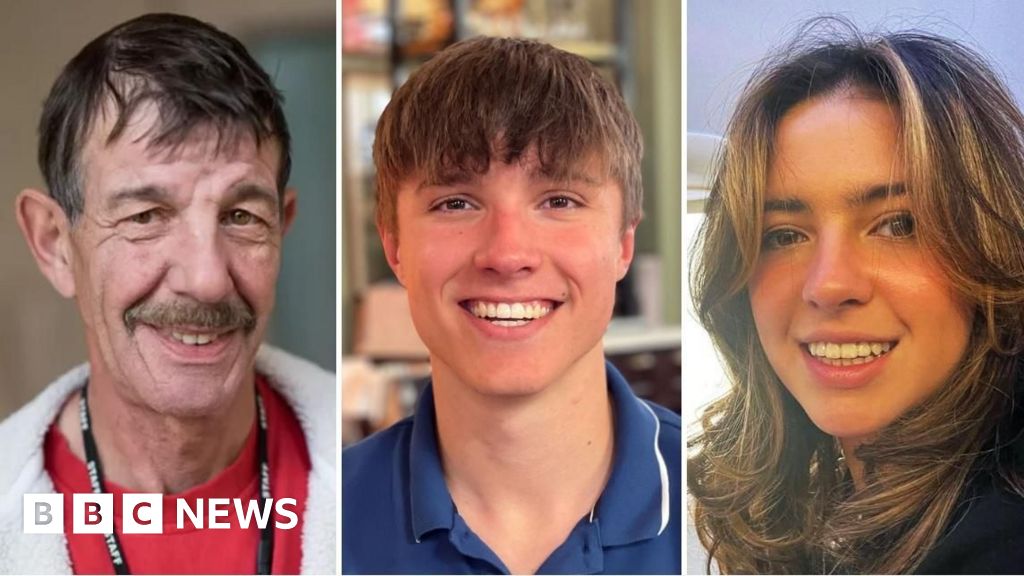
Residents of Masiphumelele in Cape Town are devastated after a fire tore through the area on Monday morning, 23 December 2024, leaving homes and belongings in ruins. (Gift of the Givers/Supplied)
- Cape Town has faced a series of devastating fires this December, displacing more than 900 residents.
- The municipality has called on President Cyril Ramaphosa and the human settlements minister to urgently devolve the Emergency Housing Grant to the City.
- According to disaster management guidelines, victims should receive assistance within 24 hours, which is rarely achieved.
The City of Cape Town's mayoral committee member for human settlements, Carl Pophaim, has called on President Cyril Ramaphosa and Human Settlements Minister Thembi Simelane to urgently devolve the Emergency Housing Grant to the City, saying this will enable quicker assistance to fire-affected residents in informal settlements.
Cape Town has faced a series of devastating fires this December, displacing more than 900 residents. Areas most affected include Masiphumelele, Wag 'n Bietjie in Nomzamo, Dunoon, and Langa.
WATCH | Hundreds left homeless after fire rips through Cape Town informal settlement on Boxing Day
The City's human settlements directorate provides the national Department of Human Settlements with data on affected residents to facilitate relief efforts.
However, Pophaim stressed that delays often hinder timely support.
According to disaster management guidelines, victims should receive assistance within 24 hours, which is rarely achieved. Due to budget constraints, the City ceased providing emergency building kits for flood and fire victims in 2020.
"I am appealing to President Ramaphosa and Minister Simelane to urgently devolve the Emergency Housing Grant to the City of Cape Town so we can assist fire-affected residents as quickly as possible," said Pophaim.
"Our teams remain on site to assist impacted residents wherever feasible, and we will continue to monitor the situation closely."
Tawanta Pawantiwa, a Masiphumelele fire victim, echoed Pophaim's sentiments.
"If the fund was managed by local government, it would help us greatly," said Pawantiwa.
She added:
Fires often happen in the early hours of the morning, and while identification of victims is done by noon, no material is delivered.
"We end up sleeping in community halls, and the few items we manage to save often get stolen or lost."
READ | 'I'm not looking forward to this Christmas': Masiphumelele fire victims count their losses
Simelane, who visited victims in Dunoon and Wag 'n Bietjie on Friday, acknowledged the failure to meet the 24-hour disaster response guideline.
She attributed the delays to the holiday period but expressed a commitment to improving response times, saying she was "hopeful" that there would be a positive difference.
"We are also looking into long-term solutions [to prevent the fires]. Ultimately, we need to formalise our informal settlements and learn from what we have been doing better."
Simelane also warned that more fires could occur due to weather conditions and activities during the festive season, underscoring the urgency of preparedness and response efforts.
 (1).png)
 2 months ago
9
2 months ago
9


















